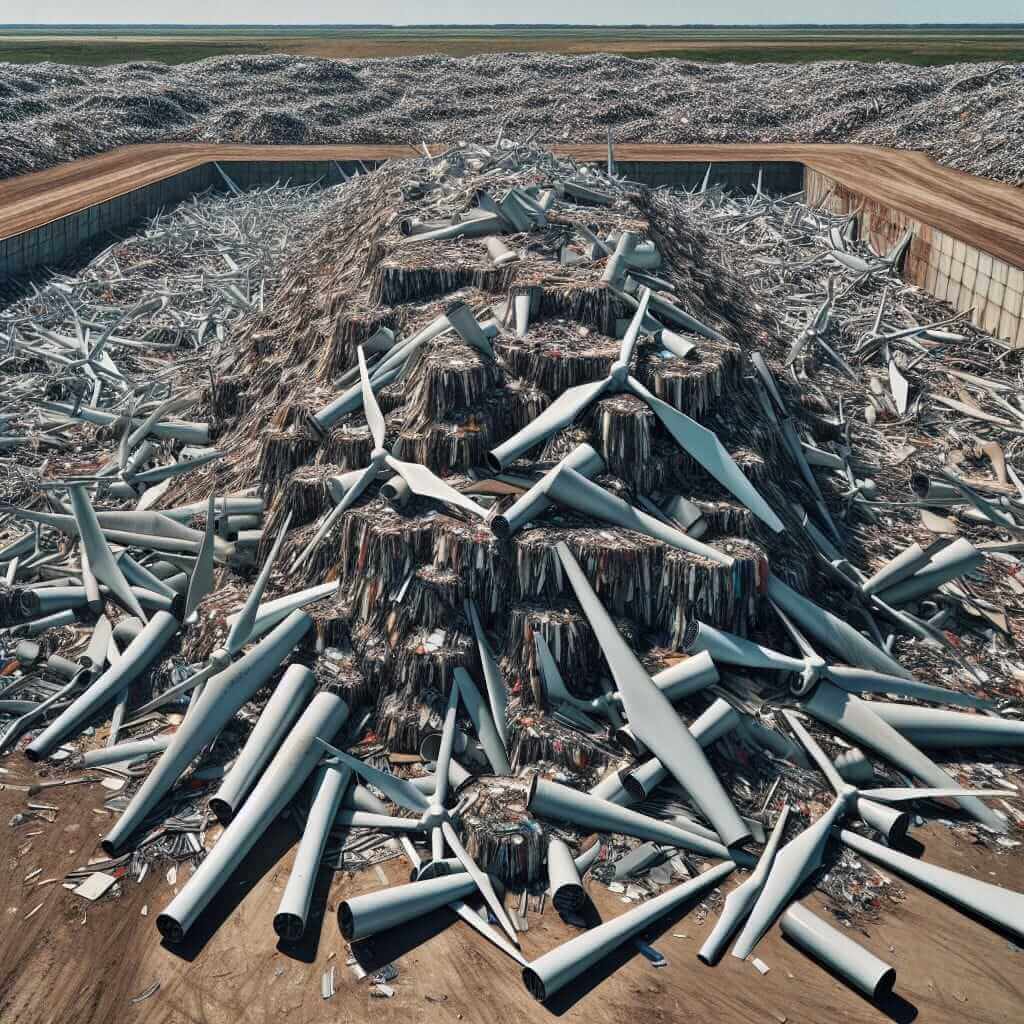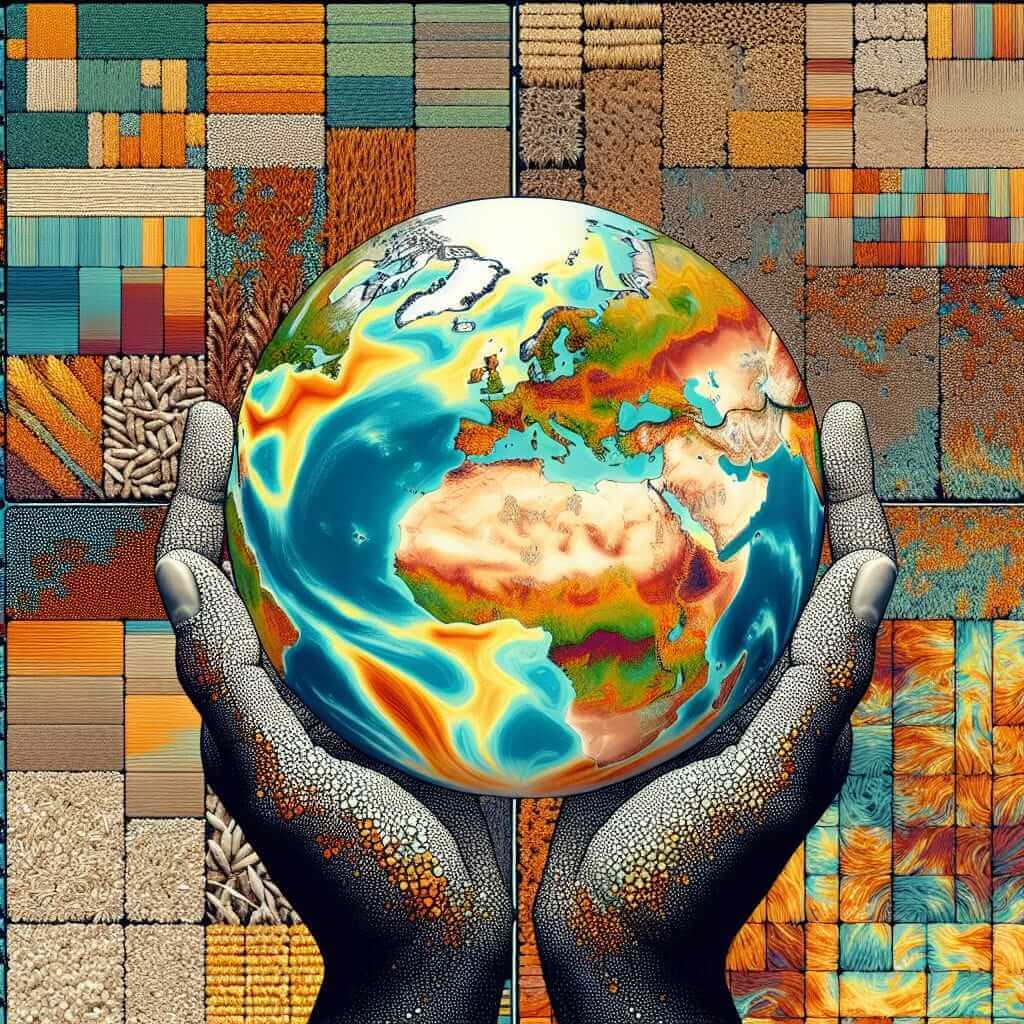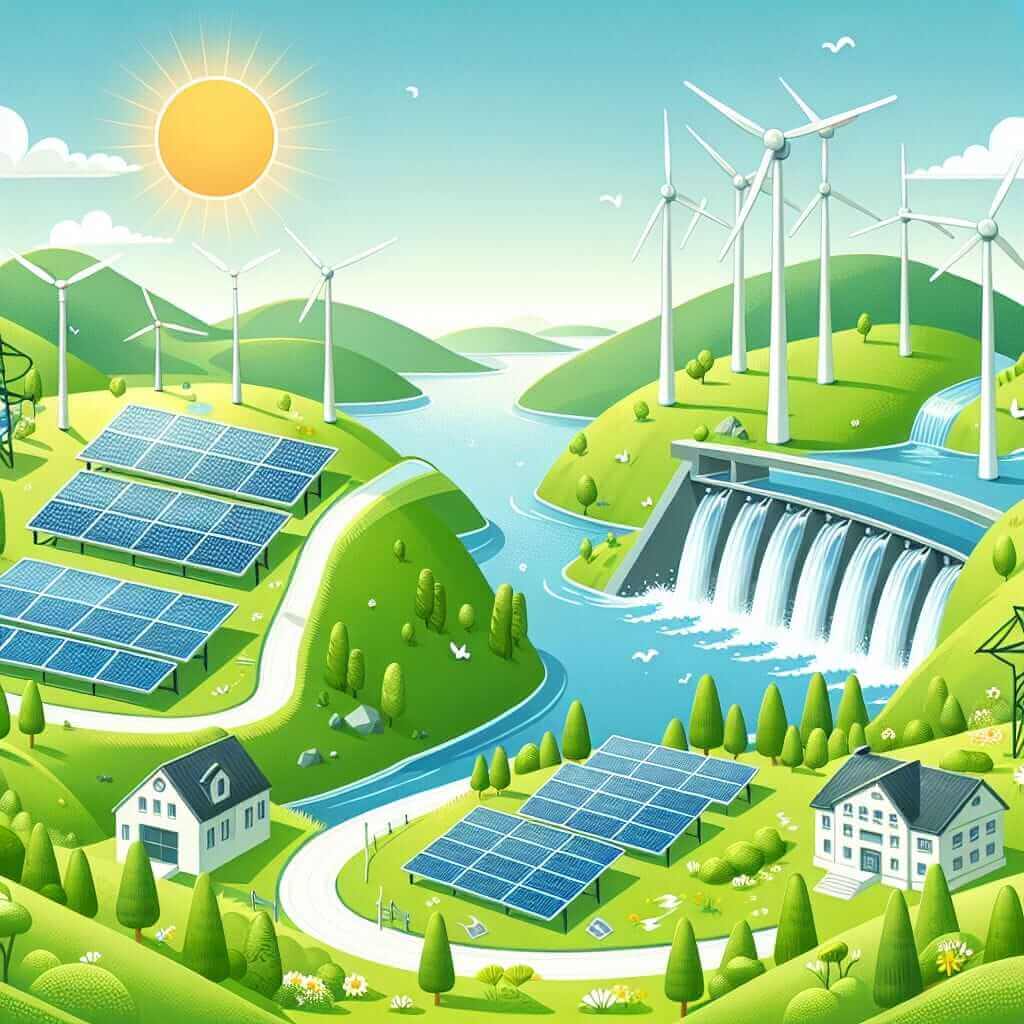The IELTS Reading section is designed to assess a wide range of reading skills, including reading for gist, reading for main ideas, reading for detail, understanding inferences, and recognizing a writer’s opinions, attitudes, and purpose. Topics related to science and the environment are frequently chosen for the Reading section, given their relevance and the vast amount of research available. One such topic is “How the renewable energy industry is tackling waste management,” which has seen growing importance due to the increasing emphasis on sustainable practices and environmental conservation. This article provides a detailed reading practice piece on this theme, including questions, answers, vocabulary, and grammatical insights.
Nội dung bài viết
Reading Passage Example
Medium Text
Tackling Waste in the Renewable Energy Sector
The renewable energy industry is not just focused on generating clean energy but also on managing the waste associated with its production and systems. While renewable energy sources like wind, solar, and bioenergy have a significantly lower environmental impact compared to fossil fuels, the industry is actively addressing the challenges of waste management.
Solar Panel Waste
With the rapid increase in the deployment of solar panels, dealing with end-of-life (EOL) panels has become crucial. Solar panels contain valuable materials such as silicon, silver, and aluminum, which can be recycled. Companies are developing processes to extract these materials efficiently and mitigate environmental harm. For instance, a process called “thermal delamination” is used to separate the different layers of a panel.
Wind Turbine Blade Disposal
Wind turbines, especially their blades, pose a unique challenge. Made from materials like fiberglass, which are difficult to recycle, these blades often end up in landfills. However, innovations in blade recycling have emerged. Techniques like mechanical shredding and chemical processes are being harnessed to facilitate the effective recycling of turbine blades, ensuring they do not contribute to environmental pollution.
 wind turbine blades landfill
wind turbine blades landfill
Bioenergy Residue Management
Bioenergy, derived from organic materials, produces various residues, including ash and charred biomass. Efficiently managing these biproducts is essential. Researchers are exploring ways to convert bioenergy residues into valuable products like biochar, which can be used to improve soil health and sequester carbon dioxide.
In addition to technological advances, regulatory frameworks play a pivotal role in ensuring responsible waste management in the renewable energy sector. Policies and regulations incentivize the development and adoption of waste reduction and recycling technologies, ensuring the industry moves towards a more sustainable future.
Questions
Multiple Choice
-
What is one of the main challenges facing the renewable energy industry in terms of waste management?
a. Using fossil fuels for energy production
b. Recycling wind turbine blades
c. Generating clean energy from natural resources
d. Managing solar panel deployment -
Which material from solar panels is specifically mentioned as being recyclable?
a. Fiberglass
b. Polyethylene
c. Silicon
d. Carbon fiber
True/False/Not Given
- Wind turbine blades are easily recyclable using current technologies.
- Biochar, a byproduct of bioenergy, can be used to enhance soil health.
Matching Information
5-6. Match the following waste management challenges with their corresponding solutions mentioned in the passage:
a. Solar panel waste
b. Wind turbine blade disposal
c. Bioenergy residue management
Solutions:
i. Thermal delamination
ii. Mechanical shredding
iii. Conversion into valuable products like biochar
Answers
- b. Recycling wind turbine blades
- c. Silicon
- False.
- True.
- a-i. Solar panel waste – Thermal delamination
- b-ii. Wind turbine blade disposal – Mechanical shredding
- c-iii. Bioenergy residue management – Conversion into valuable products like biochar
Common Mistakes
- Misreading Questions: Ensure you clearly understand what the question is asking. For instance, recycling wind turbine blades is a specific problem mentioned, not generating energy itself.
- Overlooking Specific Details: Some answers depend on specific details, such as the materials mentioned for recycling in solar panels.
- True/False/Not Given Confusions: Differentiating between what is explicitly stated (True/False) and what is implied or not included (Not Given) can be tricky.
Vocabulary
- Deploy (verb): /dɪˈplɔɪ/ – to arrange or use resources or tools effectively.
- End-of-Life (EOL) (noun): /ɛn d əv laɪf/ – the final stage in the lifecycle of a product.
- Biochar (noun): /ˈbʌɪəʊˌtʃɑː/ – a form of carbon-rich charcoal used to enhance soil health.
Grammar Notes
Present Continuous vs. Present Simple
- “The renewable energy industry is not just focused on generating clean energy…” – Present Continuous to emphasize ongoing actions.
- “Solar panels contain valuable materials…” – Present Simple to state facts or general truths.
Tips for High Scores in Reading
- Practice regularly: Consistent practice helps improve speed and comprehension.
- Skim and scan: Learn to quickly identify the main ideas and scan for specific details.
- Understand question types: Familiarize yourself with the different question formats and what they require.
- Enhance vocabulary: Build a robust vocabulary to help decipher difficult texts.
- Review mistakes: Learn from incorrect answers to avoid similar mistakes in the future.
This comprehensive guide aims to provide you with practice and insights to excel in the IELTS Reading section. Focus on understanding the content thoroughly and applying the reading strategies discussed.


